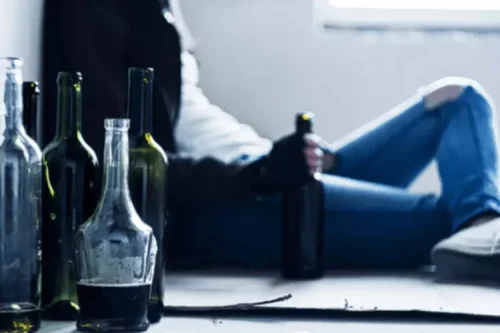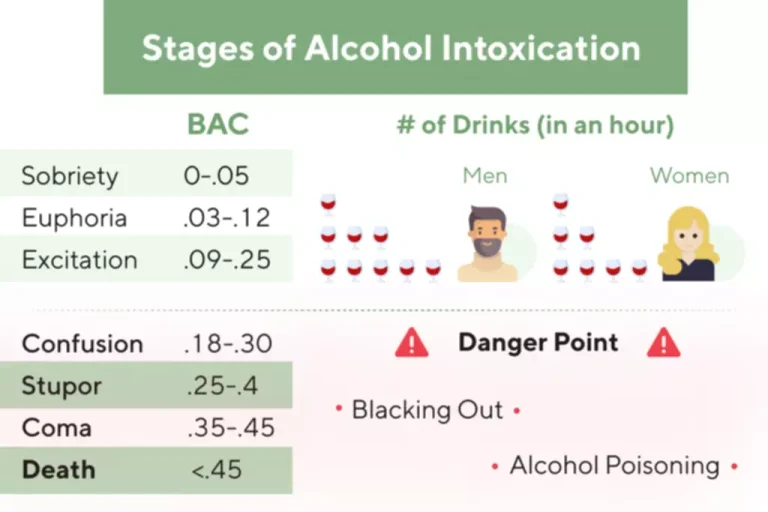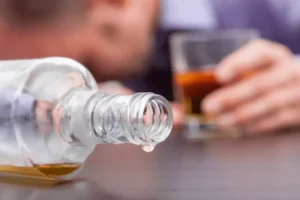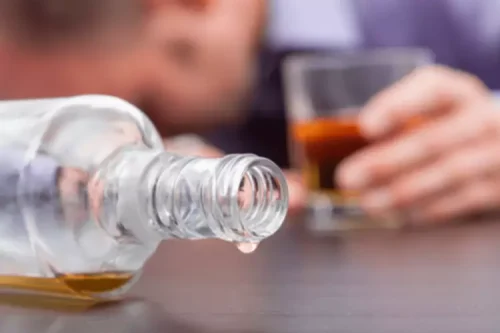
Take that first step toward overcoming your triggers by reaching out to us; we’re here to support you every step of the way on your path toward lasting recovery. Suppose you used to turn to substances as a coping mechanism during times of stress or boredom in the past. Redirecting that energy toward things you genuinely enjoy can help break those old habits effectively. Dealing with triggers in recovery can be challenging, but don’t worry! We have these six valuable tips that will help you navigate alcohol rehab your journey towards long-term sobriety. Avoid external triggers whenever possible, and get rid of any item that may lead to a trigger.
- Developing the self-awareness to know when something is affecting someone’s mood or emotions can take time and consideration.
- External triggers are often easier to identify, as they stem from our environment and interactions.
- Talking through the trigger and enlisting someone else’s help can provide you with the motivation and assistance needed to overcome the trigger and stay sober.
Core Wounds: A Clear Path to Healing and Emotional Freedom
- All of these situations could potentially lead to a relapse if you’re not prepared.
- Relapse is often caused by dangerous places, people, and thoughts.
- Boredom and isolation can be BPD triggers as well as self-concept threats.
- Ask those you trust to help remove any triggers from your space, such as medication or alcohol bottles.
A trigger is social, psychological, and emotional situations and events that compel an addicted person to seek their substance of choice, eventually leading them to relapse. When an addicted person uses drugs or alcohol for a prolonged period of time, it changes the brain—eventually associating certain stimuli with the desire to drink or do drugs. The solution to managing difficult situations is learning how to confront them without drugs and alcohol. If you’re not sure how to confront these situations, contact us today. Internal triggers, deeply intertwined with emotions and thoughts, play a crucial role in the process of recovery and the risk of relapse.
Seek emotional support
Internal triggers act in reverse, associating these signals to the substances that elicit them. The research maintained that subconscious cues are dangerous because they reinforce the patient’s desire to restart using drugs without them being aware of it. Researchers highlighted the importance of avoiding the people, places and things that remind patients of their former lifestyle. While many triggers can be negative experiences, it is important to note that positive events can trigger relapsing as well. Substance use disorders can often lead to poor nutrition, malnourishment, and dehydration. Drugs or alcohol can interfere with appetite regulation, causing imbalances in eating habits.
Addiction and Mental Health Treatment Programs
- External triggers, on the other hand, stem from environmental factors.
- Some researchers believe that the brain stores memories from a traumatic event differently from memories of a non-traumatic event.
- For instance, past failures or traumatic events can trigger feelings of guilt, shame, or fear, which might tempt an individual to resort back to substance use as a coping mechanism.
- A study from Marquette University pointed out that stress rendered people in recovery more vulnerable to other relapse triggers.
- Paying attention to the environment around you when you experience a trigger can help you examine them.
Engaging in fulfilling activities that replace substance use can help you stay on the right track and maintain your sobriety. Yes, many therapy groups focus on recognizing and managing triggers. High-risk places remind former drug users of the times they engaged in substance use.

You probably experience nervousness, frustration, pressure, fatigue, embarrassment or boredom from time to time in your everyday life. While some people process these feelings easily and let them roll off their back, individuals in recovery can have a hard time managing these emotions. Fear, guilt, shame, anger and depression are common internal triggers. If you feel criticized or belittled, you might want to turn to substances to numb those feelings or push them aside. Triggers that happen outside of the =https://ecosoberhouse.com/ individual are not necessarily beyond control.
- Yes, many therapy groups focus on recognizing and managing triggers.
- As a result, individuals with unchecked triggers can cope in harmful ways, foster unhealthy relationships, and endure much suffering.
- Developing self-awareness, honing coping skills, and utilizing support systems are effective strategies for managing relapse triggers after exploring relapse and its coping strategies.
- This can be somewhere traumatic, such as a childhood home, or it can just be a building or even a neighborhood where substance use happened.
- Cognitive BPD triggers are internal triggers that relate to a person’s thought process.
- If this is not immediately stopped, it can lead to current use and erosion of recovery.
Avoiding recurrence of misuse

Recognizing and addressing these common relapse triggers allows for proactive management, thus reducing the likelihood of reverting to substance use. If you or a loved one needs support in managing addiction triggers or is seeking treatment for addiction, contact Rockland Treatment Center today. internal and external triggers Let us help you regain control of your life and maintain your sobriety for the long term. It’s important for people in recovery to be aware of the internal triggers they struggle with the most and have a plan in place to seek support when needed.
